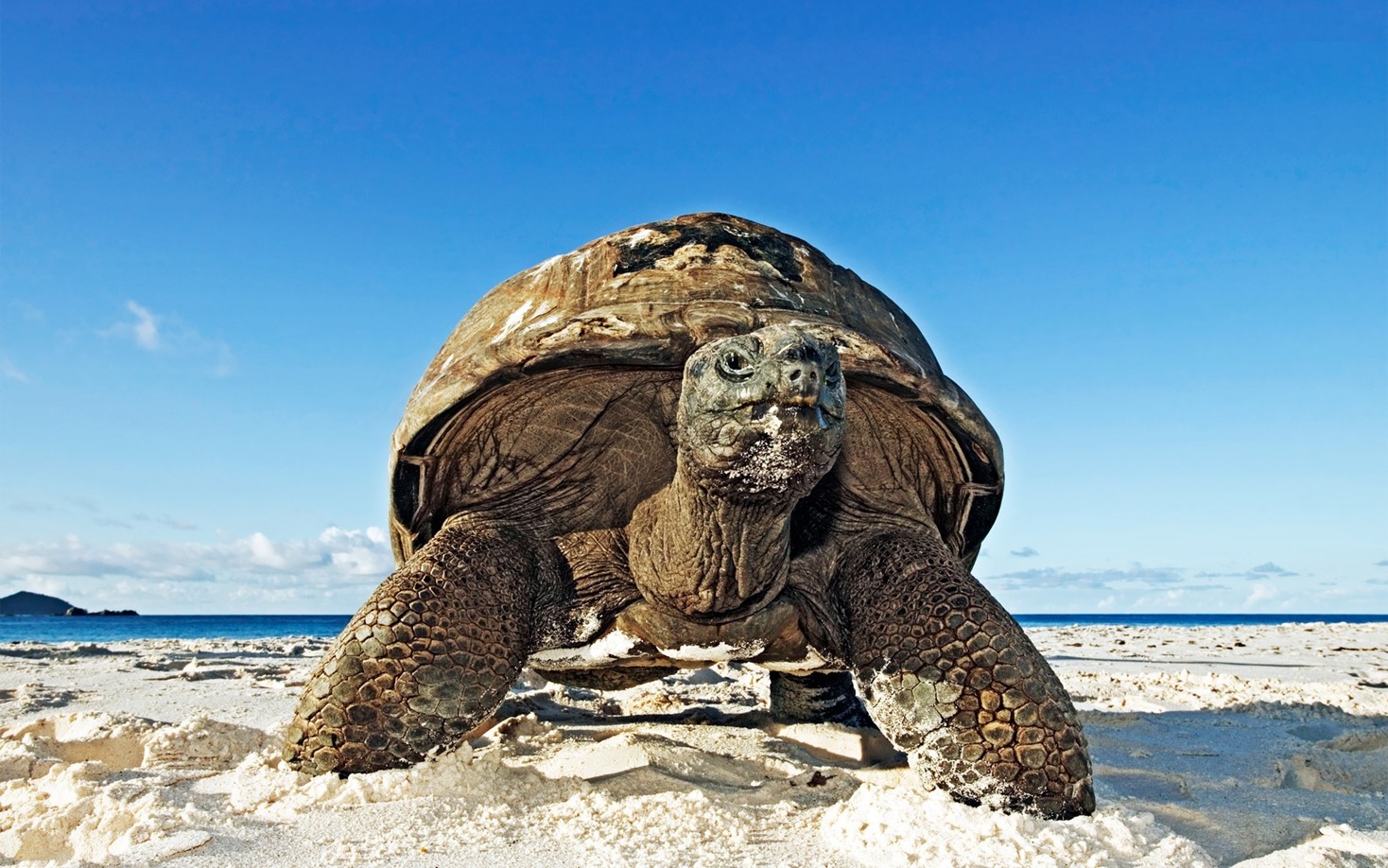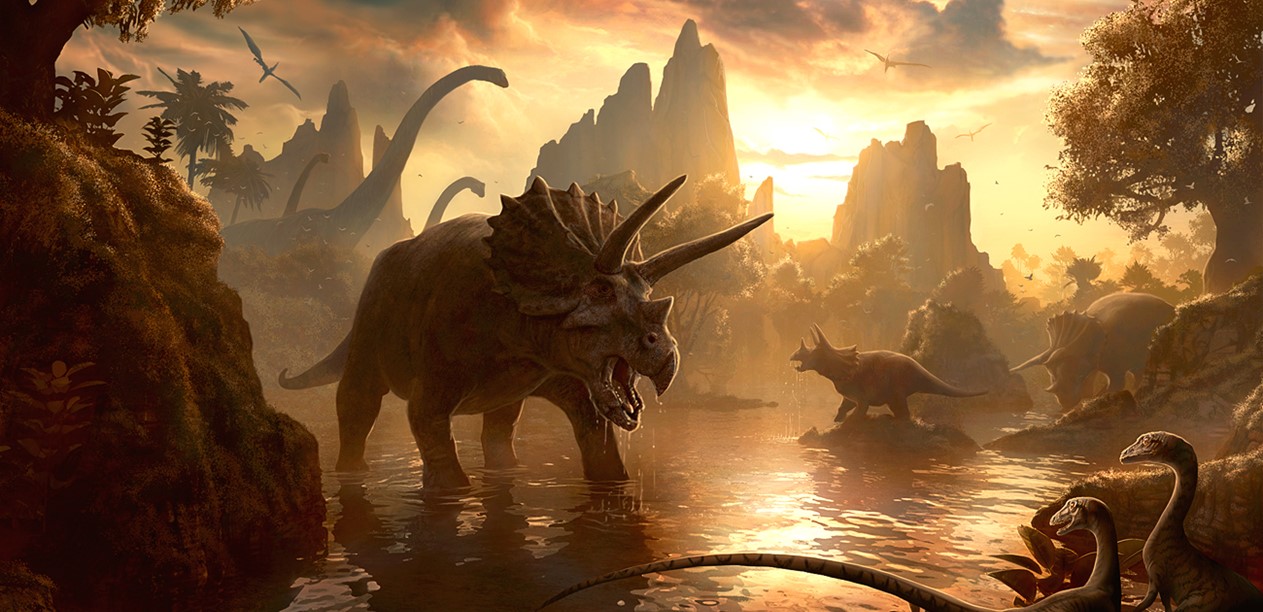The End Of The Mall?
January 2, 2013 in Daily Bulletin

There are too many malls, writes Jeff Jordan. Many will have to be demolished:
- The rise of online retail means that fewer people are purchasing things in malls.
- This is reflected in the fact that malls have high vacancy rates and sluggish rents. The recession might have started this trend, but the continued strength of online commerce is ensuring it continues.
- The next slew of exciting retail stores have all gotten their starts online, rather than through malls.
- In an interesting twist many stores that started off as an internet presence are also starting brick and mortar stores. But often with a twist. One clothing retailer has a store where people can try on their products – but have to buy them online.
Read more about the decline of the mall, and some hard numbers behind the trend over here.
Source: The Atlantic
Via: Marginal Revolution









Join the Discussion! (No Signup Required)